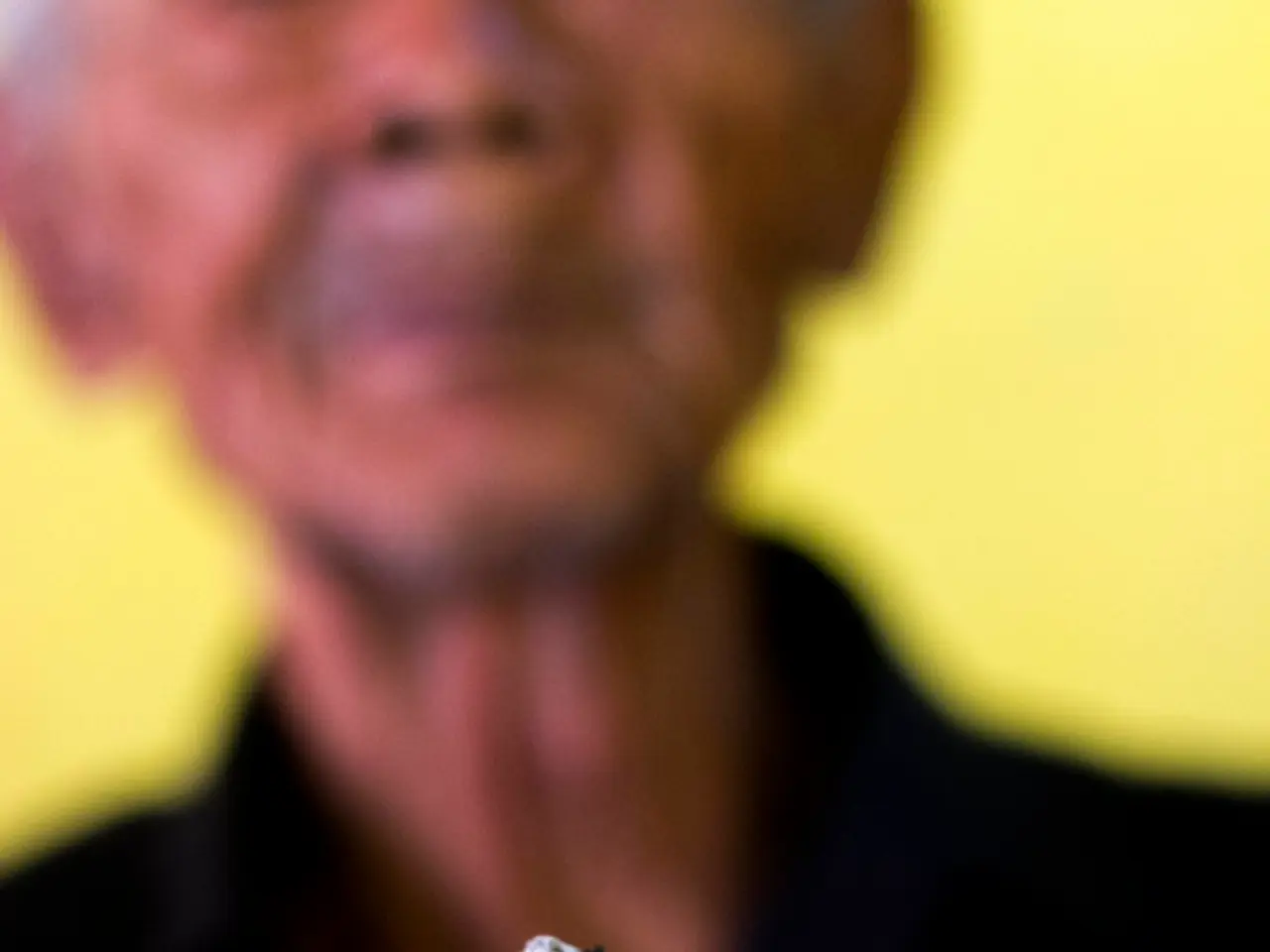Global health organization WHO backs Thailand's electronic cigarette prohibition
In a bid to combat the rising trend of vaping among young people, the Thai Health Promotion Foundation (ThaiHealth) has launched a "denormalisation effort" to reduce the popularity of e-cigarettes among the youth.
The campaign, which aims to shift the mindset of young people from thinking they cannot smoke to not wanting to smoke, is part of a broader initiative to provide factual information regarding e-cigarette usage. This initiative primarily targets young people, who are often susceptible to the tactics used by the tobacco and nicotine industries.
According to a survey conducted by ThaiHealth, the Office of the Basic Education Commission, and the Equitable Education Fund, 25% of 124,606 students had tried e-cigarettes, 22% had friends who used vapes, and 20% lived in a community where vaping is prevalent.
The World Health Organization (WHO) supports Thailand's ban on the import and sale of e-cigarettes, citing empirical evidence of harm and adherence to the WHO Framework Convention on Tobacco Control (FCTC), which Thailand joined in 2003. Dr Olivia Nieveras, a senior public health specialist with WHO Thailand, echoes this sentiment, urging all parties to follow Article 5.3 of the FCTC, which focuses on policies to protect society from the commercial and vested interests of the tobacco industry.
The tobacco and nicotine industries use several tactics to make e-cigarettes attractive to younger smokers. These tactics include the use of appealing flavors, attractive packaging and sleek product design, marketing strategies that create an impression of harmlessness, youth-targeted advertising and promotion, and delivery of high nicotine doses.
These observations align with the WHO and Thai Health Promotion Foundation's warnings that tobacco and nicotine industries systematically use product design, flavoring, and marketing strategies that are deliberately attractive to youth, undermining tobacco control efforts and public health.
Dr Pongthep Wongwatcharapaiboon, a manager at ThaiHealth, stated that e-cigarette producers have adjusted their promotional campaigns to make e-cigarettes seem like a safer and more acceptable alternative to tobacco products, appealing to would-be new and younger smokers. This is particularly concerning, as it exploits the susceptibility of developing adolescent brains.
The WHO's theme for World No Tobacco Day on May 31, 2023, is "Unmasking the Appeal: Exposing Industry Tactics on Tobacco and Nicotine Products". This theme underscores the importance of exposing the tactics used by the tobacco and nicotine industries to make their products seem attractive, and the need for strong regulatory responses to protect public health.
However, the business and political influence of corporations selling vapes makes it challenging for countries to follow Article 5.3, according to Dr Prakit Vathesatogkit. The WHO has instructed countries to ban representatives of cigarette companies from joining the E-Cigarette Control Policy Board or similar bodies.
Exposure to e-cigarettes often relates to a person's social environment, as Dr Pongthep stated. This highlights the need for a comprehensive approach to tobacco control, one that addresses not only the products themselves but also the social and cultural factors that contribute to their appeal.
In conclusion, the denormalisation effort by ThaiHealth is a significant step towards reducing vaping among young people in Thailand. By exposing the tactics used by the tobacco and nicotine industries, the campaign aims to empower young people with the knowledge they need to make informed decisions about their health. The WHO's support and the adherence to the FCTC provide a strong foundation for this initiative, and it is hoped that other countries will follow suit in their own efforts to combat the rising trend of vaping among young people.
[1] World Health Organization. (2020). WHO report on the global tobacco epidemic 2021 - Towards a tobacco-free generation. Geneva: World Health Organization. [2] Centers for Disease Control and Prevention. (2020). Youth e-cigarette use - United States, 2019-2020. Morbidity and Mortality Weekly Report, 69(35), 1081-1086. [3] Government of Thailand. (2020). Thailand national action plan for tobacco control 2021-2025. Bangkok: Ministry of Public Health. [4] National Academies of Sciences, Engineering, and Medicine. (2018). Public health consequences of e-cigarettes. Washington, DC: The National Academies Press. [5] World Health Organization. (2019). WHO report on the global tobacco epidemic 2019 - Innovation and tobacco taxation. Geneva: World Health Organization.
- The denormalisation effort by ThaiHealth focuses not only on the reduction of e-cigarette usage among young people, but also on providing factual information in the realm of health and wellness, mental health, and workplace-wellness, helping them comprehend the medical-conditions associated with chronic-diseases that stem from e-cigarette usage.
- To combat the attractiveness of e-cigarettes, the comprehensive approach devised by ThaiHealth encompasses an awareness campaign that exposes the deceptive tactics employed by the tobacco and nicotine industries, such as the use of appealing flavors and attractive packaging.
- Acknowledging the need for improved fitness-and-exercise and nutrition habits among young people, the campaign advocates for a balanced lifestyle that emphasizes not just avoiding vaping, but also promoting overall health and well-being, including proper nutrition.
- In the face of corporate influence, support from organizations like the World Health Organization is essential in helping countries implement strong regulatory responses that address the contrivances of the tobacco and nicotine industries and protect public health.




